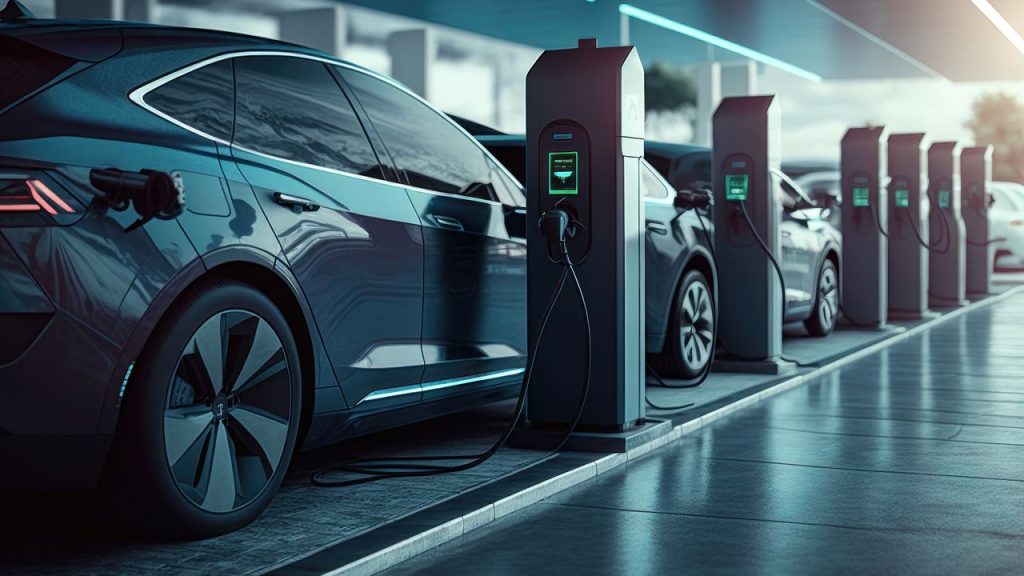EV Charging Station Scheduling Optimization
As the popularity of electric vehicles (EVs) continues to rise, the demand for efficient and effective charging infrastructure is becoming increasingly important. One of the key challenges in managing EV charging stations is scheduling optimization. In this article, we will explore the significance of charging station scheduling optimization, its scalability, and the benefits of utilizing off-peak hours for charging.
The Importance of Charging Station Scheduling Optimization
Charging station scheduling optimization refers to the process of efficiently managing the charging sessions at EV charging stations. By implementing an optimized scheduling system, EV owners can have a seamless charging experience, while charging station operators can maximize the utilization of their infrastructure.
Optimizing charging station scheduling offers several advantages. Firstly, it helps minimize waiting times for EV owners, ensuring they can charge their vehicles promptly. This improves customer satisfaction and encourages more people to switch to electric vehicles. Secondly, it allows charging station operators to make the most out of their resources by reducing idle time and maximizing revenue generation.
Scalability of Charging Station Scheduling Optimization
Scalability is a crucial aspect of charging station scheduling optimization. As the number of EVs on the road continues to grow, it is essential to have a scheduling system that can handle the increasing demand. A scalable solution can efficiently manage a large number of charging stations and adapt to changing requirements.
With the right charging station scheduling optimization software, operators can easily scale their infrastructure without compromising on performance. This ensures that as the EV market expands, charging stations can keep up with the rising demand and provide a reliable and efficient charging experience to all users.
Utilizing Off-Peak Hours for Charging
Another important aspect of charging station scheduling optimization is the utilization of off-peak hours for charging. Off-peak hours refer to the periods of low electricity demand, typically during the night or early morning. By encouraging EV owners to charge their vehicles during these hours, the load on the grid can be balanced more effectively.
There are several benefits to utilizing off-peak hours for charging. Firstly, it helps reduce strain on the grid during peak hours when electricity demand is high. This can lead to cost savings for both the charging station operators and the EV owners, as electricity rates are often lower during off-peak periods.
Furthermore, charging during off-peak hours can also contribute to a more sustainable energy system. By aligning EV charging with periods of high renewable energy generation, such as when wind or solar power is abundant, the environmental impact of charging EVs can be minimized.
Conclusion
Charging station scheduling optimization plays a vital role in ensuring a seamless and efficient charging experience for EV owners. By implementing scalable scheduling systems and utilizing off-peak hours for charging, operators can maximize the utilization of their infrastructure, reduce waiting times, and contribute to a more sustainable energy system.
As the EV market continues to grow, it is crucial for charging station operators to prioritize scheduling optimization to meet the increasing demand. By doing so, they can provide a reliable and convenient charging experience, ultimately driving the adoption of electric vehicles.


